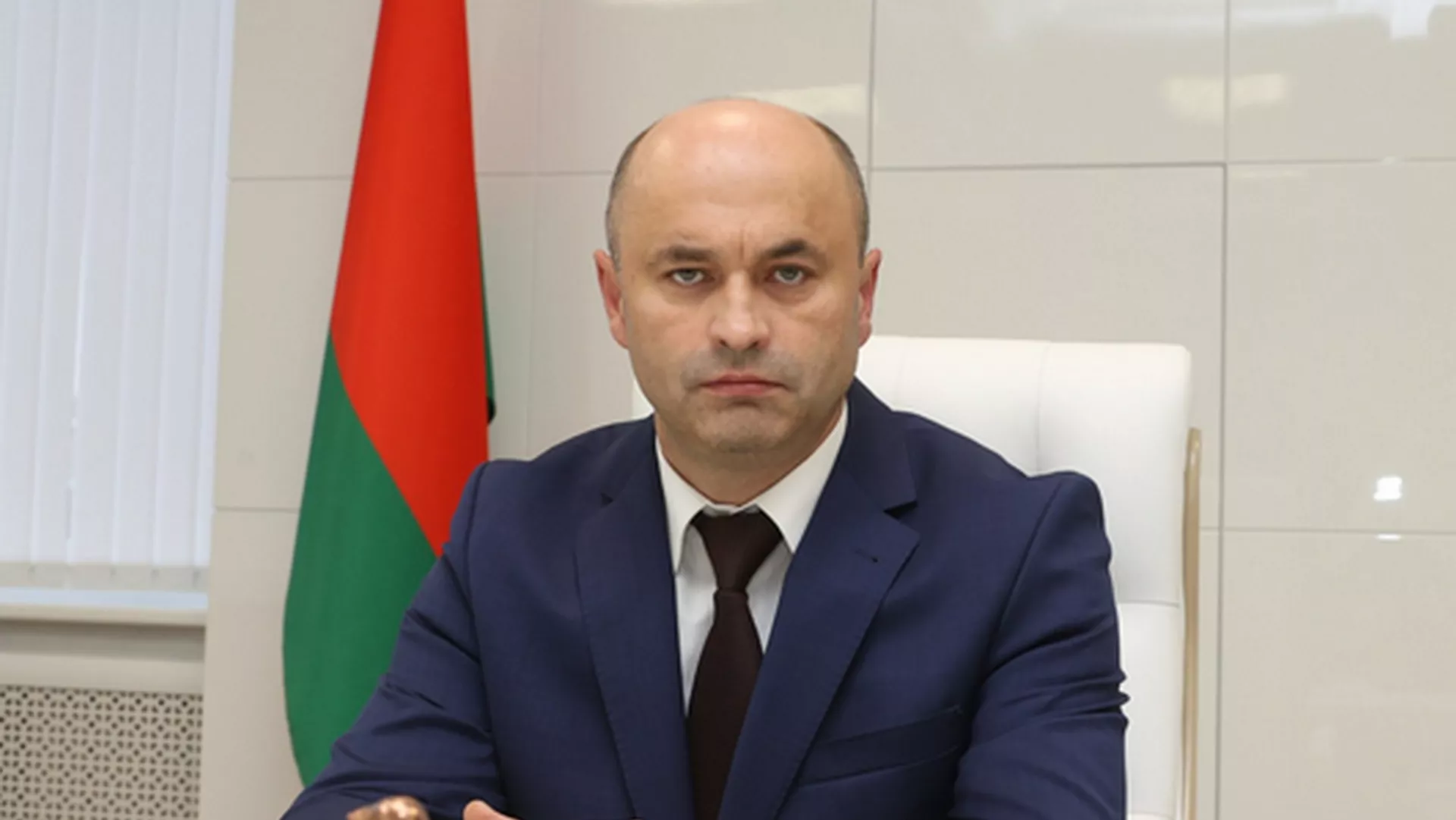Unipolar trade in a multipolar world
 The situation has not changed
The situation has not changed
The economy of the Union State of Belarus and Russia is demonstrating stronger growth than that of the European Union and other “unfriendly” countries – despite the sanctions pressure from the “collective West”. The above is a general summary of the press conference “Russia-Belarus: peculiarities of bilateral goods traffic”, which was attended by pro-governmental experts and officials from both countries, primarily from the Russian Federation. Conversely, this indicates that the countries in the “far arc” (Africa, Asia and Latin America) are not yet meeting business expectations.

The participants of the press conference did not cite purely financial reasons for the positive economic performance of the Union State. Instead, they attributed the situation to political factors, specifically the acceleration of Belarusian-Russian integration processes. However, the reasons are purely material. The Customs Committee of Belarus has reported a further 30% decrease in cargo traffic through Belarus compared to last year, due to sanctions and the closure of border crossing points. The head of the State Customs Committee, Eduard Danilovich, has announced that only five out of 26 previously operating border crossings are currently operational. Two are located at the border with Lithuania, two in Poland, and one on the Belarusian border with Latvia.
The intensification of commodity trade with (or through) Russia is a natural consequence of this situation. There is no need to fall back on the argument of speeding up integration processes. Mutual trade between Belarus and Russia will grow by 6% by the end of this year, according to Belarusian Ambassador to Moscow and conference participant Aliaksandr Rahozhnik. Last year, two-way trade reached a significant level of $49 billion. Therefore, by the end of this year, it may exceed $52-53 billion. Interestingly, in 2023, bilateral trade between Belarus and Russia was expected to reach $53 billion, but this value was later lowered by the authorities.
The growing economic reliance on the Russian market and Russian logistics infrastructure has, thus far, been inadequately offset by the success of trade with far-arc countries. The second most important market for Belarus, after Russia, is China, where Belarusian exporters have recently suffered a series of disappointments. In half a year, the export of Belarusian potash to China decreased by over two times. Worse still, after building up a stockpile of potash, China appears to be starting to cut back on potash imports. This means that the principle of “lower prices for higher volumes” will not help Belarusian exporters.
Belstat has not published country-specific data on exports and imports since 2020. However, the summary indicators show a deceleration in export growth to CIS countries, with a rate of 1.8% relative to the volumes recorded in the first half of 2023. It is evident that the established markets do not offer any promising prospects, and a series of uncertainties awaits Belarusian exports in the new markets.
Subscribe to our newsletter




Situation in Belarus
Constitutional referendum: main consequences


 Video
Video
How to count the political prisoners: are the new criteria needed?


 Video
Video
Paternalism In Decline, Belarusian Euroscepticism, And The Influence Of Russia


 Video
Video












